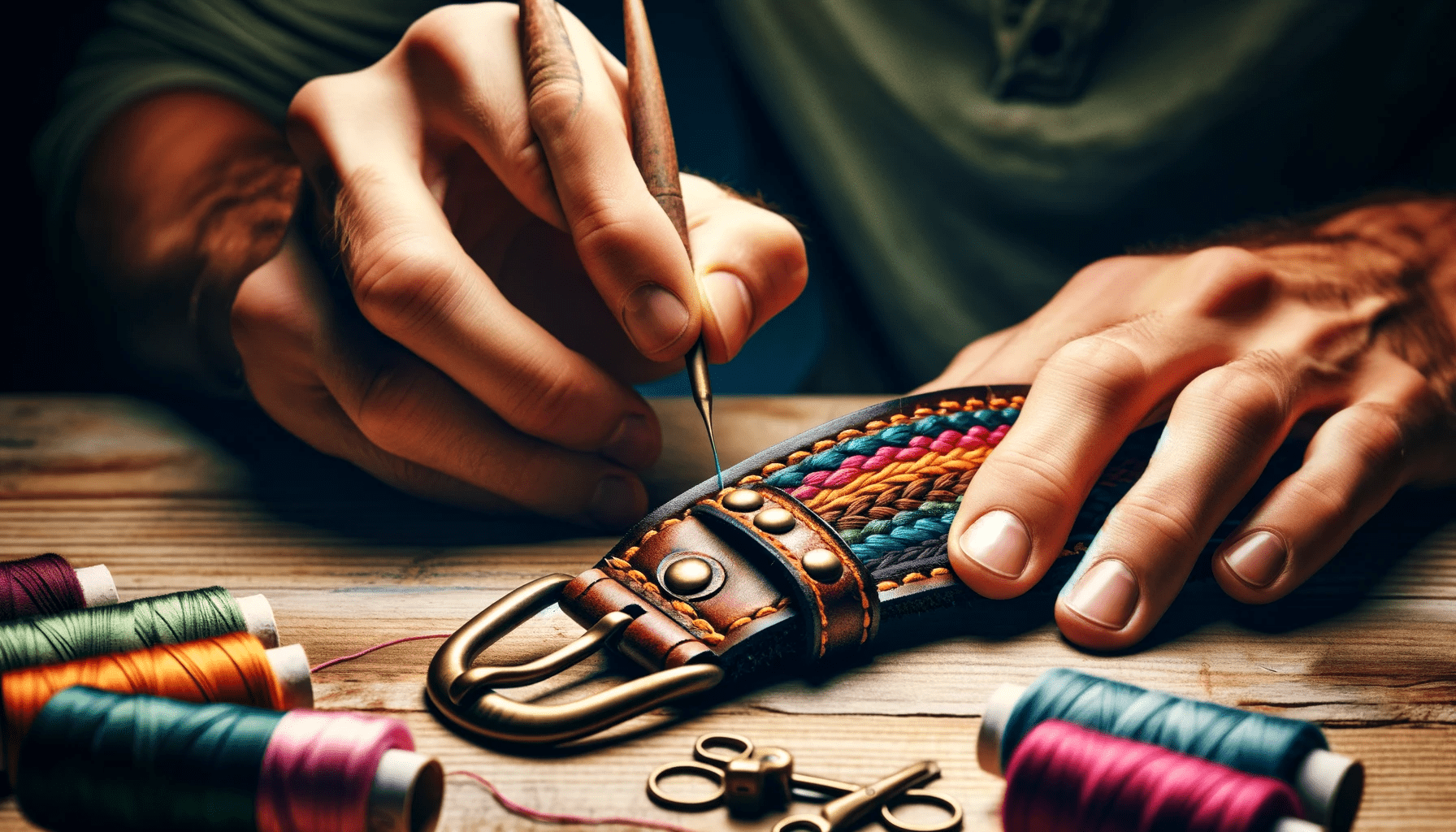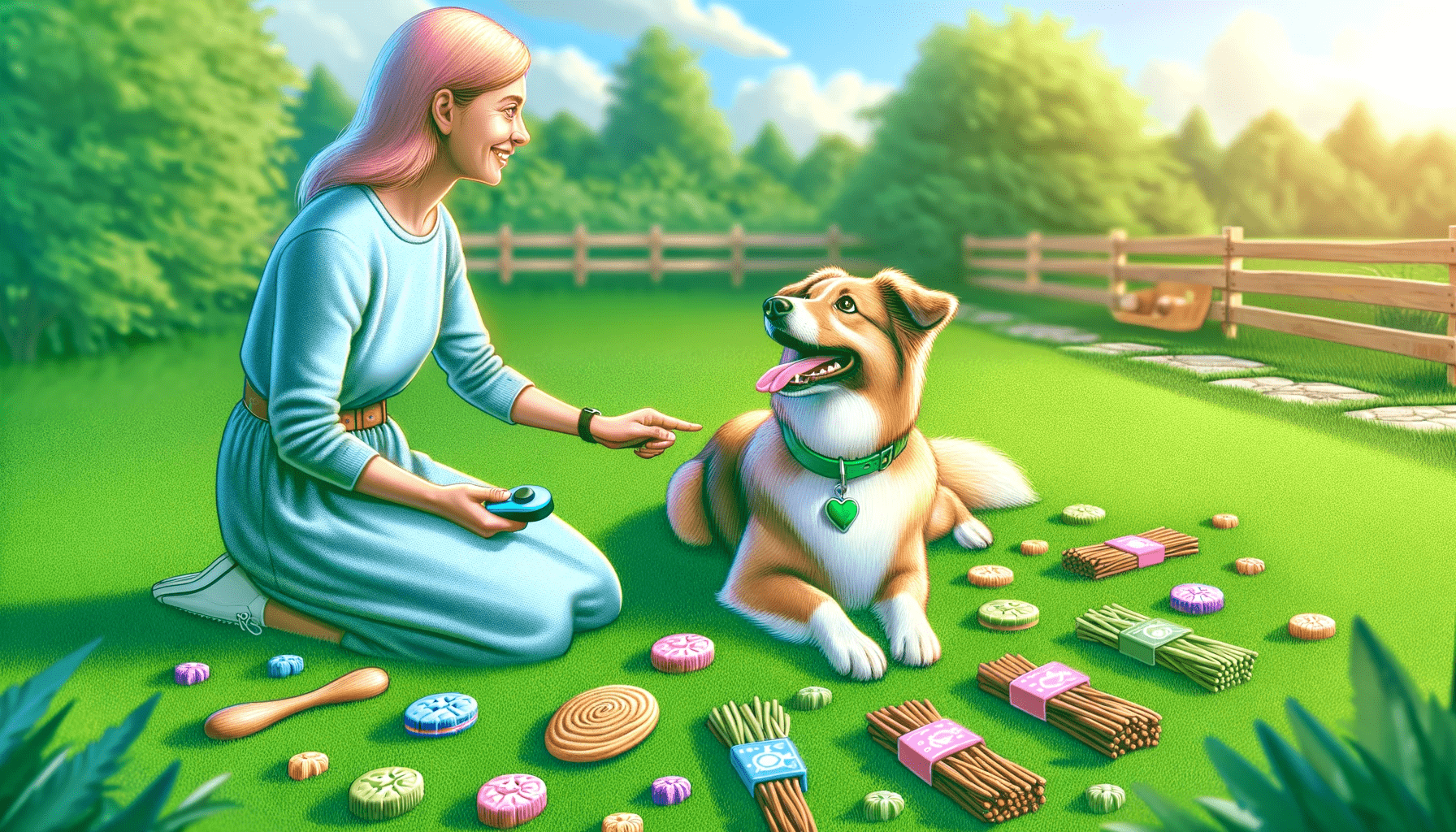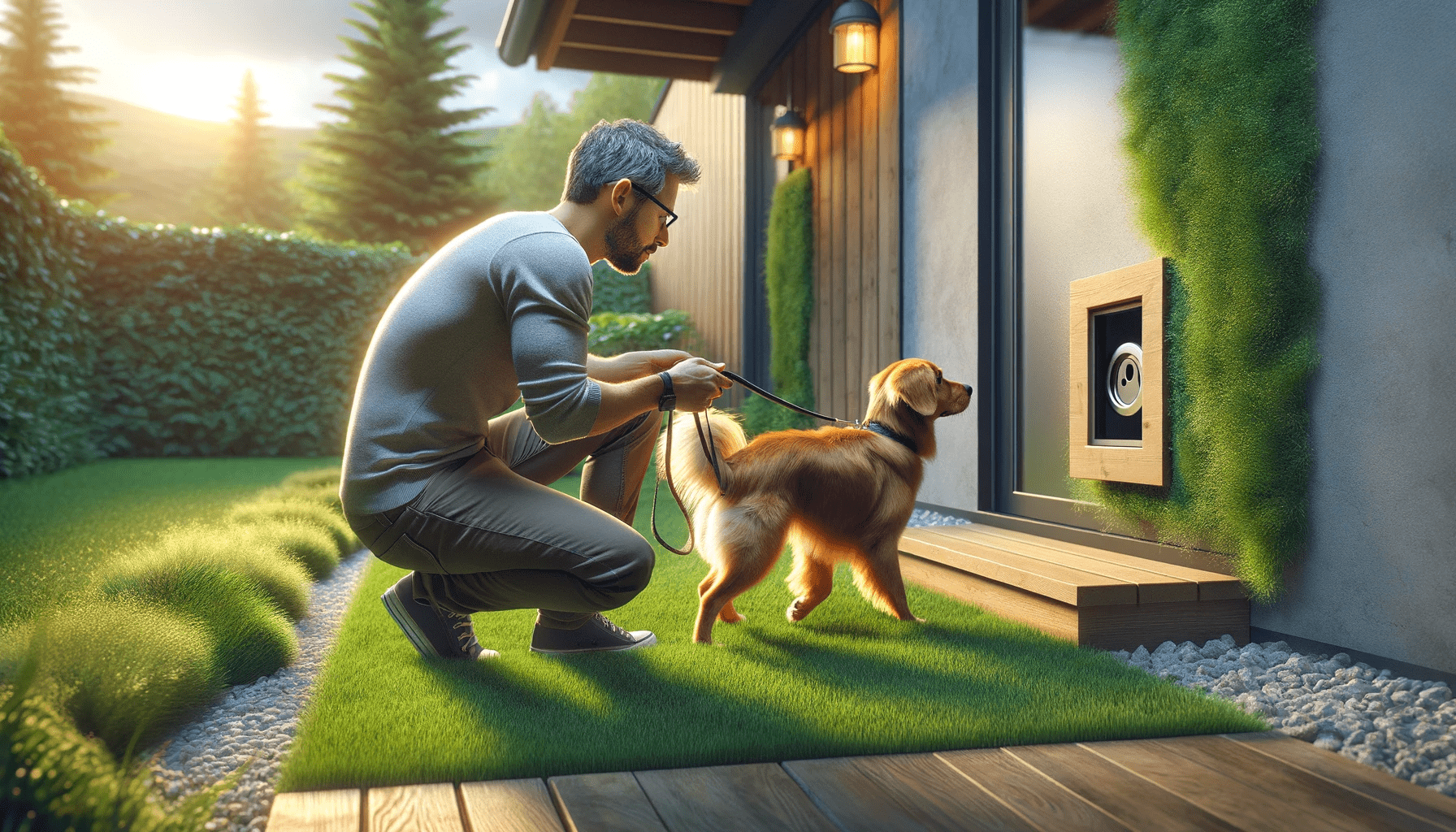Are you struggling to socialize your rescued dog? Don't worry, you're not alone.
In this article, we will guide you through the art of socializing rescued dogs, helping them overcome their unique challenges and build confidence.
We'll show you how to create a safe and positive environment, step-by-step, so that you and your furry friend can enjoy a fulfilling and enriching social life.
Get ready to master the art of socializing your rescue dog!
Key Takeaways
- Socialization techniques are crucial for the overall wellbeing and successful integration of rescued dogs.
- Group socialization provides benefits such as improved social skills, confidence, and emotional development.
- Trauma and neglect can lead to fear-based behaviors in rescue dogs.
- Establishing boundaries and consistent routines helps rescue dogs feel secure.
Importance of Socialization for Rescued Dogs
You must understand the importance of socializing rescued dogs to help them thrive in their new environment. Rehabilitation techniques for socially anxious rescue dogs play a crucial role in their overall wellbeing and successful integration into a loving home. These techniques focus on gradually exposing the dogs to various social situations in a controlled and positive manner.
One effective technique is group socialization, which offers numerous benefits for rescued dogs. Group socialization provides an opportunity for dogs to interact with other canines, helping them build confidence, improve their social skills, and learn appropriate behavior. Being around other dogs allows them to practice communication, body language, and play, which are essential for their emotional development.
Furthermore, group socialization helps rescued dogs overcome their fear and anxiety by providing a supportive and structured environment. It allows them to learn from other dogs who may have already overcome similar challenges, offering them a sense of camaraderie and encouragement. Additionally, being part of a group helps reduce feelings of isolation and loneliness for these dogs, as they realize they aren't alone in their journey.
Understanding the Unique Challenges of Rescue Dogs
Understanding the unique challenges that rescue dogs face is crucial for successfully socializing them and helping them thrive in their new environment. Here are three key points to consider when it comes to building trust and addressing behavior issues in rescue dogs:
- Trauma and Fear: Many rescue dogs have experienced trauma or neglect in their past, which can lead to fear-based behaviors such as aggression, anxiety, or withdrawal. It's important to approach these dogs with patience, understanding, and a gentle touch. Building trust takes time, so allow them to adjust to their new surroundings at their own pace.
- Lack of Socialization: Rescue dogs may have missed out on critical socialization opportunities during their early development stages. As a result, they may struggle with interacting with other dogs, humans, or new environments. Gradual exposure to new experiences, positive reinforcement, and reward-based training can help them overcome their fears and learn appropriate social skills.
- Previous Training or Lack Thereof: Rescue dogs may come with a variety of behavior issues, including house soiling, separation anxiety, or leash reactivity. It's important to address these issues using positive reinforcement techniques and consistency. Seek professional help if needed, as a qualified trainer or behaviorist can provide guidance and support tailored to your dog's specific needs.
Creating a Safe and Positive Environment for Socialization
To ensure successful socialization of rescued dogs, it's essential to establish a safe and positive environment that promotes trust and encourages healthy interactions with others. Creating boundaries plays a crucial role in providing a sense of security for these dogs. Set clear limits and establish consistent routines to help them feel more comfortable and secure.
Additionally, introducing new experiences gradually is key. Expose your dog to different sights, sounds, and smells in a controlled and positive manner. Start with low-stress environments and gradually increase the level of stimulation as they become more confident. Remember to always observe their body language and adjust accordingly.
A positive environment also involves providing plenty of praise and rewards. Use treats, toys, and verbal praise to reinforce good behavior and create positive associations.
It's important to remember that socialization is a gradual process and each dog will progress at their own pace. Be patient, understanding, and supportive throughout the journey.
With a safe and positive environment, your rescued dog will have the opportunity to thrive and develop into a well-adjusted and sociable companion.
Step-by-Step Guide to Socializing Your Rescue Dog
Establishing a safe and positive environment for socializing your rescue dog sets the foundation for successful integration into your social circle. Here is a step-by-step guide to help you navigate the process:
- Gradual Exposure: Start by introducing your rescue dog to new experiences and environments in a controlled manner. Begin with low-stress situations and gradually increase the level of difficulty.
- Positive Reinforcement: Use positive reinforcement techniques, such as treats, praise, and play, to reward your dog for good behavior during social interactions. This will help them associate positive experiences with socializing.
- Controlled Socialization: Begin socializing your rescue dog in controlled settings, such as on-leash walks or supervised playdates with calm and friendly dogs. Gradually expose them to different dogs, people, and environments.
When introducing your rescue dog to other pets:
- Slow and Supervised: Introduce your rescue dog to other pets slowly and under supervision. Keep initial interactions brief and ensure the safety of all animals involved.
- Positive Associations: Use treats and praise to create positive associations between your rescue dog and other pets. Reward calm behavior and discourage any signs of aggression or fear.
- Patience and Consistency: Be patient with the process and maintain consistency in your training techniques. It may take time for your rescue dog to adjust to new animals, but with time and effort, they can learn to socialize effectively.
Overcoming Fear and Building Confidence in Rescue Dogs
To help your rescue dog overcome fear and build confidence, gradually expose them to new experiences and environments in a controlled manner. Building trust is crucial in this process, as it forms the foundation for your dog to feel safe and secure. Start by creating a positive and predictable routine for your dog, providing them with a sense of stability. Slowly introduce them to new people, animals, and situations, ensuring that you remain calm and reassuring throughout.
Desensitization techniques can be incredibly helpful in helping your dog overcome specific fears or anxieties. Begin by identifying the triggers that cause fear or discomfort for your dog. Once you have identified these triggers, create a plan to gradually expose your dog to them in a controlled and positive way. For example, if your dog is afraid of loud noises, start by playing recordings of the noises at a low volume and gradually increase the volume over time.
Remember to be patient and understanding throughout this process. Building confidence takes time, and every dog is different. Celebrate small victories and provide plenty of praise and rewards. With time, consistency, and love, your rescue dog can overcome their fears and develop the confidence they need to thrive in their new home.
Frequently Asked Questions
Can I Socialize My Rescued Dog With Other Animals if They Have a History of Aggression?
Yes, you can socialize your rescued dog with other animals, even if they have a history of aggression. It's important to start slowly, build trust with your dog, and seek professional guidance to ensure a safe and successful socialization process.
How Long Does It Typically Take for a Rescued Dog to Become Comfortable in Social Situations?
It typically takes time for a rescued dog to become comfortable in social situations. Signs of progress include increased confidence and decreased fear. Patience and consistency are key in the journey of socializing rescued dogs.
Are There Any Specific Breeds or Types of Dogs That May Require Different Socialization Techniques?
Different breeds or types of dogs may require different socialization techniques. It's important to understand their specific needs and behaviors. Socialization can also help with leash reactivity by gradually exposing them to new experiences.
What Should I Do if My Rescued Dog Displays Fear or Anxiety During Socialization Exercises?
If your rescued dog displays fear or anxiety during socialization exercises, it's important to be patient and understanding. Building trust is key. Start slow, provide positive experiences, and seek professional help if needed.
Can Socialization Help With Other Behavioral Issues, Such as Separation Anxiety or Destructive Behavior?
Socialization can address behavioral issues like separation anxiety and destructive behavior. Understand the causes of separation anxiety in dogs and implement effective solutions. To address destructive behavior in rescued dogs, provide mental stimulation, exercise, and positive reinforcement training.
Conclusion
In conclusion, mastering the art of socializing rescued dogs is crucial for their overall well-being and successful integration into their new homes.
By understanding the unique challenges they face and creating a safe and positive environment, you can help your rescue dog overcome their fears and build confidence.
Following a step-by-step guide and providing patience and empathy will ensure a successful socialization process, leading to a happy and harmonious bond between you and your furry friend.






